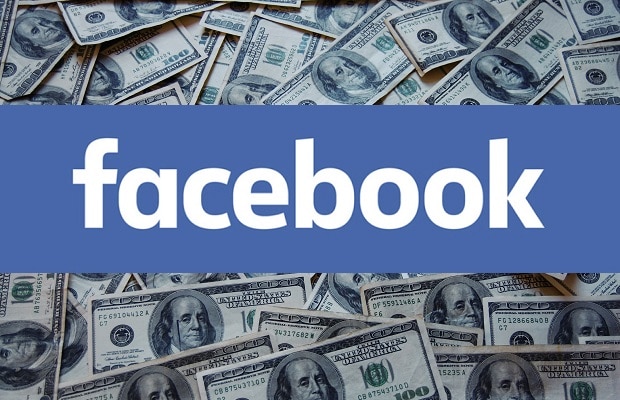
Despite many users saying they deleted Facebook as the result of a privacy scandal that erupted in mid-March, 3.4% more people logged on each day in March than in the previous quarter. It’s possible that the effect of deletions and other fallout will be more notable in the second quarter.
The social network said net income rose 63% to $4.99bn (£3.57bn) in the first three months of 2018. In the same period a year earlier, it posted a profit of $3.06bn. Revenue soared 49% to $11.97bn, beating analysts’ expectations.
Mark Zuckerberg, chief executive of Facebook, said: “Despite facing important challenges, our community and business is off to a strong start in 2018. We are taking a broader view of our responsibility and investing to make sure our services are used for good.
“But we also need to keep building new tools to help people connect, strengthen our communities, and bring the world closer together.”
Facebook has seen its stock tumble about 9% since the start of the year amid a scandal over the misuse of personal data by political consultancy Cambridge Analytica.
It has also been accused of doing little to stop the spread of so-called fake news and misinformation during elections.
On a conference call with investors, Zuckerberg said the company would roll out new tools ahead of elections in Brazil and Mexico.
Daily active users rose 13% to 2.2 billion in the first quarter, while monthly active users rose 13% to 2.2 billion in the same time period.
Advertising revenue up 50%
Advertising revenue rose 50% to $11.7bn, with 91% generated by mobile advertising. Facebook and Alphabet’s Google dominate the global internet advertising market and there appears to be little impact from the scandal.
Facebook’s chief operating officer Sheryl Sandberg reiterated that a handful of advertisers had paused their spending but the company hadn’t witnessed a major trend.
The company also said it would buy back an additional $9bn in stock.
A recent study by the American Press Institute and the Associated Press-NORC Centre for Public Affairs Research found that 12 percent of people trusted Facebook as a news source. Another poll by Axios and SurveyMonkey found that Facebook’s favourability fell 28 points in the past five months – more than twice as much as that of rivals Amazon and Google.
Last quarter, Zuckerberg touted surprising new metrics that people were spending fewer hours per day on Facebook – a consequence of the company’s new push to emphasise the quality of interactions on its platform over the popularity of content. Those changes have also contributed to stalled growth in some places, including a slight drop in the number of US users.
Commenting on the results, Josh Krichefski, CEO, MediaCom, said: “The growth in Facebook’s ad revenue shows that brands now have a deeper understanding about how they can best use the platform to engage with consumers. They’re adapting to the fact that people typically spend less than a few seconds viewing an ad, and are creating content that can cut through the clutter to capture peoples’ attention. Getting someone to stop while they’re scrolling through their newsfeed is no mean feat, but by putting creativity and innovation at the heart of the campaign, brands will have a far greater chance to stand out.”
